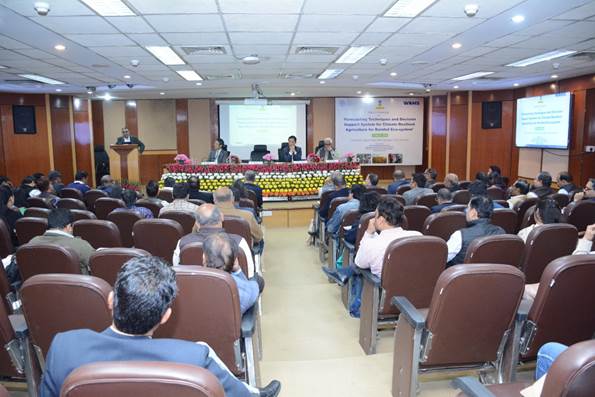New Delhi: India has lodged a strong diplomatic protest against China after it established two new counties, parts of which fall under the Union Territory of Ladakh, according to the Ministry of External Affairs (MEA).
 Chinese state media outlet Xinhua reported on December 27 that the Xinjiang Uygur Autonomous Region announced the creation of He’an County and Hekang County, which are now under the administration of Hotan Prefecture. The decision was approved by the Central Committee of the Communist Party of China and the State Council.
Chinese state media outlet Xinhua reported on December 27 that the Xinjiang Uygur Autonomous Region announced the creation of He’an County and Hekang County, which are now under the administration of Hotan Prefecture. The decision was approved by the Central Committee of the Communist Party of China and the State Council.
MEA spokesperson Randhir Jaiswal firmly rejected the move, stating, “We have never accepted the illegal Chinese occupation of Indian territory in this area. Parts of the jurisdiction of these so-called counties fall in India’s Union Territory of Ladakh.”
Jaiswal emphasized that the establishment of these counties does not alter India’s consistent stance on its sovereignty over the region. “Creation of new counties will neither have a bearing on India’s long-standing position nor lend legitimacy to China’s illegal and forcible occupation of Indian territory,” he added.
India has communicated its objections through diplomatic channels, asserting that such actions are unacceptable and violate its territorial integrity.
Concerns Over Brahmaputra Dam
In addition to this territorial dispute, India has raised concerns over China’s construction of a hydropower project on the Brahmaputra River, also known as the Yarlung Tsangpo in Tibet.
China’s plans for the dam, reported by Xinhua on December 25, have sparked apprehensions in India, which is a downstream nation with established user rights to the river’s waters. Jaiswal reiterated India’s position, emphasizing the need for transparency and consultation with downstream countries.
“We have consistently conveyed our concerns through diplomatic and expert-level channels, urging China to ensure that activities upstream do not harm the interests of downstream states,” the spokesperson said.
India continues to monitor developments closely, reiterating its commitment to safeguarding its territorial sovereignty and water rights.




